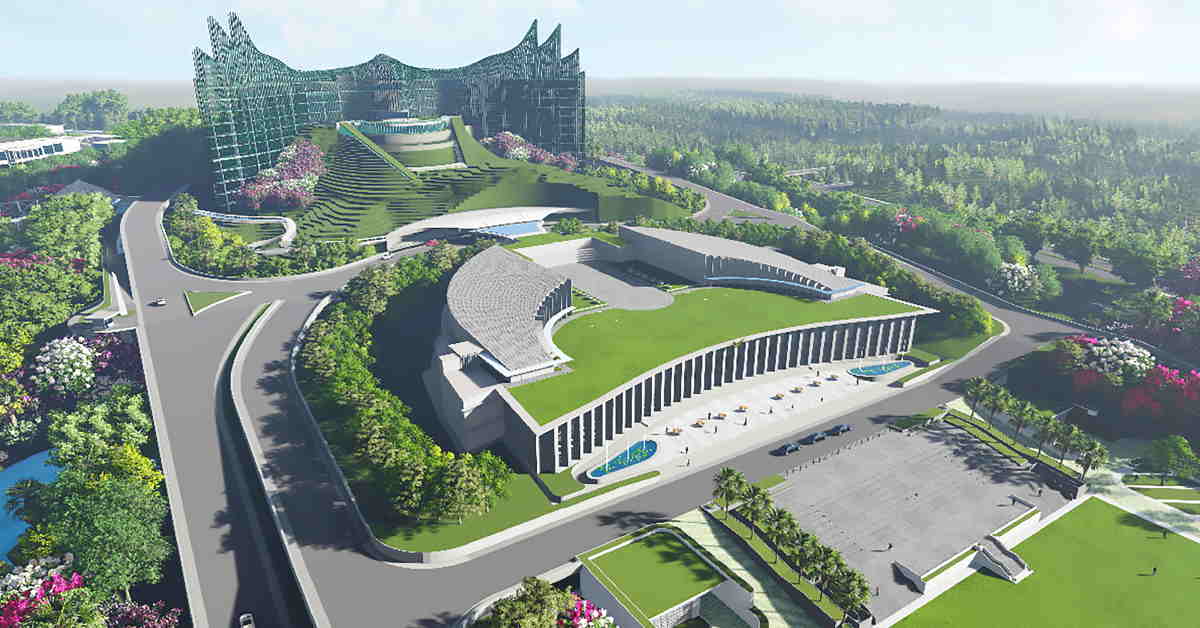Indonesia's parliament on Tuesday passed a law approving the relocation of its capital from slowly sinking Jakarta to a site 2,000 kilometres (1,200 miles) away on jungle-clad Borneo Island that will be named "Nusantara".
The House of Representatives vote provides the legal framework for the move, which was first tipped by President Joko Widodo in April 2019, citing rising sea levels and severe congestion on densely populated Java Island.
The president chose the new city’s name – Nusantara, a Javanese name for the Indonesian archipelago.
“The new capital has a central function and is a symbol of the identity of the nation, as well as a new centre of economic gravity,” Planning Minister Suharso Monoarfa told parliament following the bill’s passage.
‘Super Hub’
Plans to relocate the government from Jakarta – a bustling metropolis of 10 million people that suffers from chronic congestion, floods, pollution, and is sinking because of over-extraction of groundwater – have been floated by multiple presidents, but none have made it this far.
Home to more than 30 million people in its greater metro area, Jakarta has long been plagued by serious infrastructure problems and flooding exacerbated by climate change, with experts predicting up to a third of the city could be underwater by 2050.
The new capital will cover about 56,180 hectares (216 square miles) in East Kalimantan province on the Indonesian part of Borneo, which the country shares with Malaysia and Brunei.
In all, 256,142 hectares have been set aside for the project, with the additional land intended for potential future expansion.
Early plans for the new capital depict a utopian design aimed at creating an environmentally friendly "smart" city, but few details have been confirmed.
Plans to begin construction in 2020 were hampered by the onset of the COVID-19 pandemic.
Environmentalist critics of the capital's move have warned it could damage ecosystems in the region, where mining and palm oil plantations already threaten rainforests that are home to Borneo's endangered species.
On Monday, Widodo said the new capital would be one "where the people are close from any destination, where they can bike and walk everywhere because there are zero emissions".
"This (capital) will not only have government offices, we want to build a new smart metropolis that can be a magnet for global talent and a centre of innovation," he said in a speech at a local university.
"Nusantara", which means "archipelago", was chosen from a list of 80 names because it was widely recognisable by Indonesians and easy to memorise, the nation's development minister, Suharso Monoarfa, said Monday.
The new city will be governed by a body dubbed the State Capital Authority, with leadership appointed to five-year terms directly by the president, according to Tuesday's legislation.
Budget details have not yet been revealed in a presidential decree, though previous reports have pegged the project's costs at US$33 billion.
Indonesia is not the first country in the region to relocate from an overpopulated capital.
Malaysia moved its government to Putrajaya from Kuala Lumpur in 2003, while Myanmar moved its capital to Naypyidaw from Rangoon in 2006.
